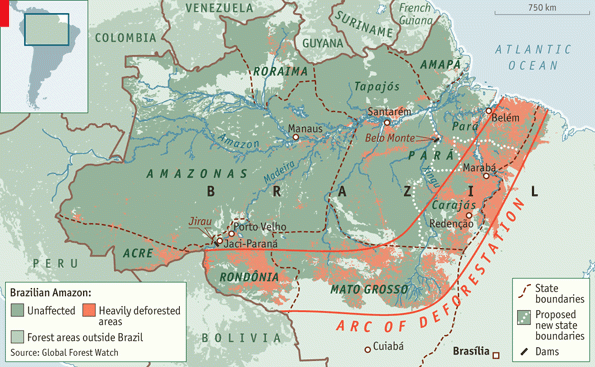Ecosystem Marketplace

TheEcosystem Marketplace, a project of Forest Trends, is a leading source of news, data, and analytics on markets and payments for ecosystem services (such as water quality, carbon sequestration, and biodiversity). We believe that by making accessible information on policy, finance, regulation, science, business, and other market-relevant factors, markets for ecosystem services will one day become a fundamental part of our economic system, helping give value to environmental services that, for too long, have been taken for granted. In providing free reliable market information, we hope not only to facilitate transactions (thereby lowering transaction costs), but also to catalyze new thinking, spur the development of new markets and the infrastructure that supports them, and achieve effective and equitable nature conservation.Markets depend on transparent and reliable information to function. What is true for investors on Wall Street is equally true for environmental market players trading in carbon, water quality, and biodiversity.Unfortunately, obtaining information for these markets can sometimes be exceedingly difficult. In many ways they resemble the Wall Street of the 1800s – with information closely guarded by those who profit from it – rather than the stock markets of today.But markets grow and evolve, and they do so, in part, because of the transformative power of reliable and transparent information. Providing such information is the role of Ecosystem Marketplace.We cover information about: CARBON
- Kyoto-related carbon markets (EU ETS, CDM, JI)
- Voluntary Over-the-Counter markets
- North American state and regional markets
- Payments for terrestrial carbon sequestration
WATER
- Water quality and nutrient trading
- Schemes to pay for watershed services
- Nitrogen-offset programs
BIODIVERSITY
- Conservation banking in the U.S.
- Wetland/stream mitigation banking in the U.S.
- Australian biodiversity offset programs
- Voluntary biodiversity offsets
Our audiences, therefore, are many and include:
- Environment and community development NGOs
- Traders in environmental commodities
- Governments, policy shapers, decision makers, and regulators
- Businesses affected by environmental regulation or those interested in participating in these emerging markets
- Bankers and financiers
- Scientists and academics; and Low-income producers and community groups interested in participating in these markets.
All of these stakeholders need to be involved for environmental markets to reach their full potential.
